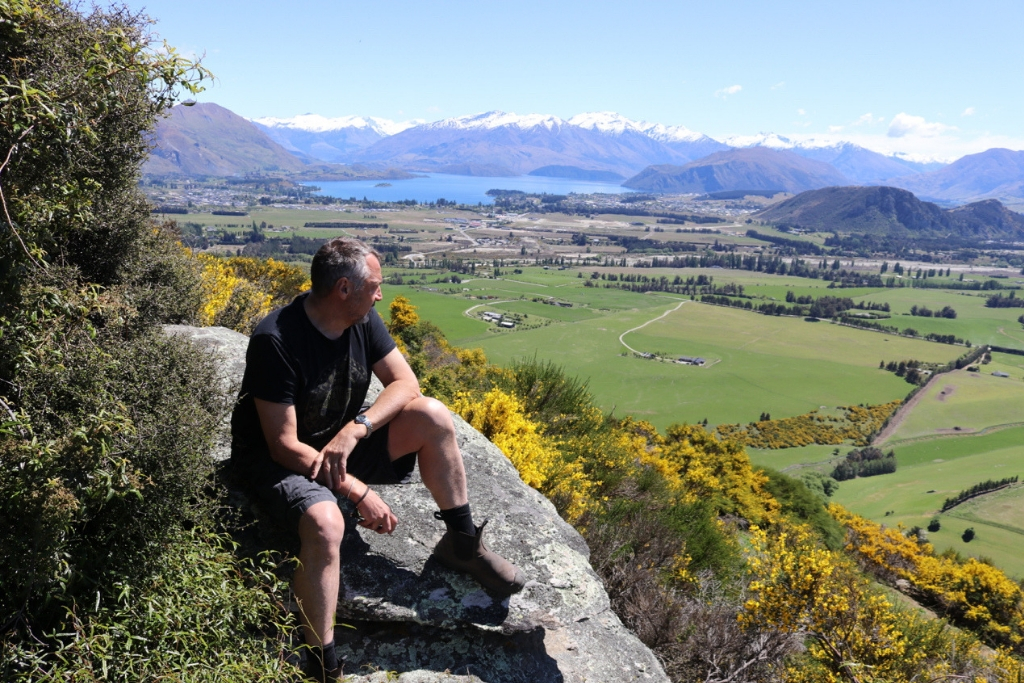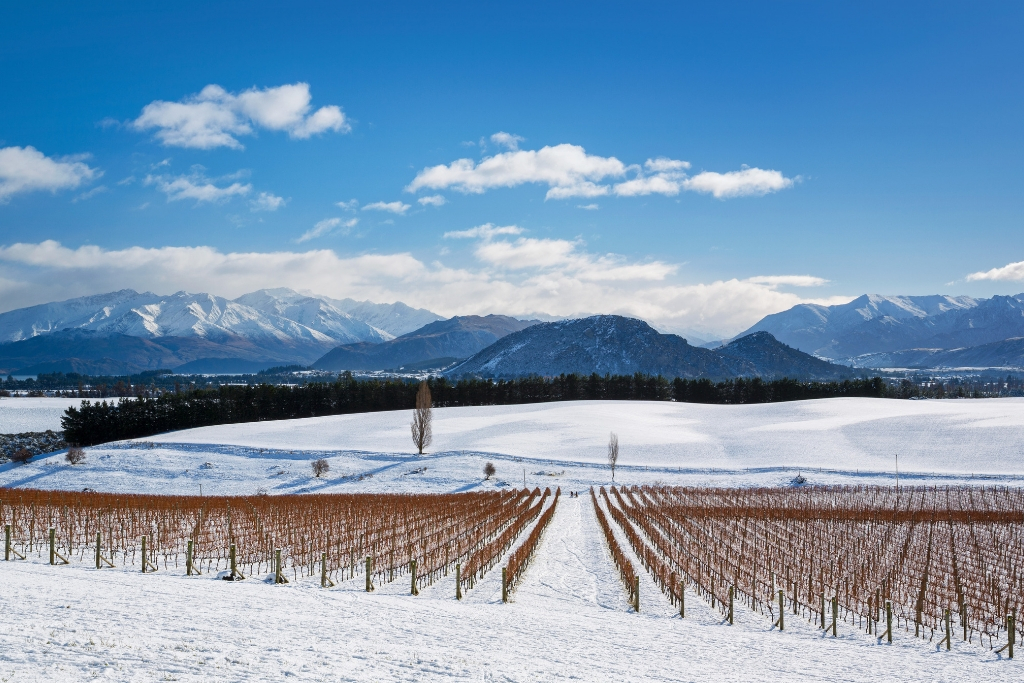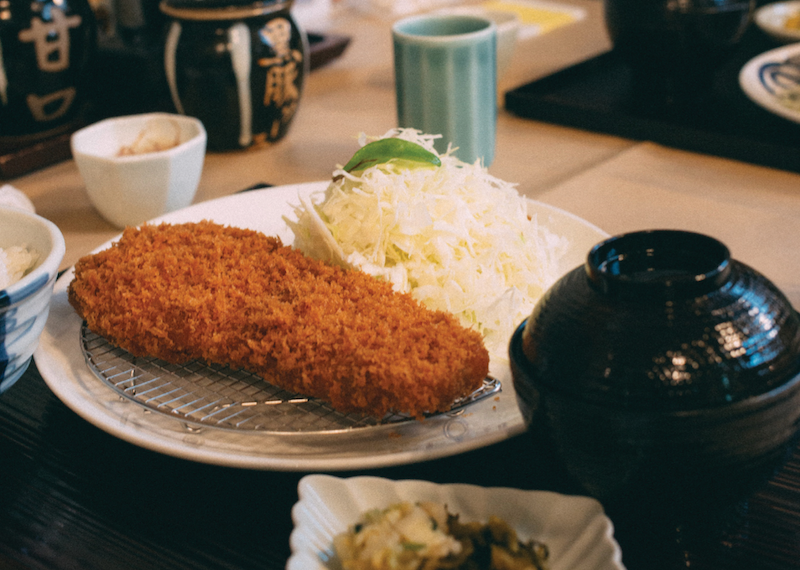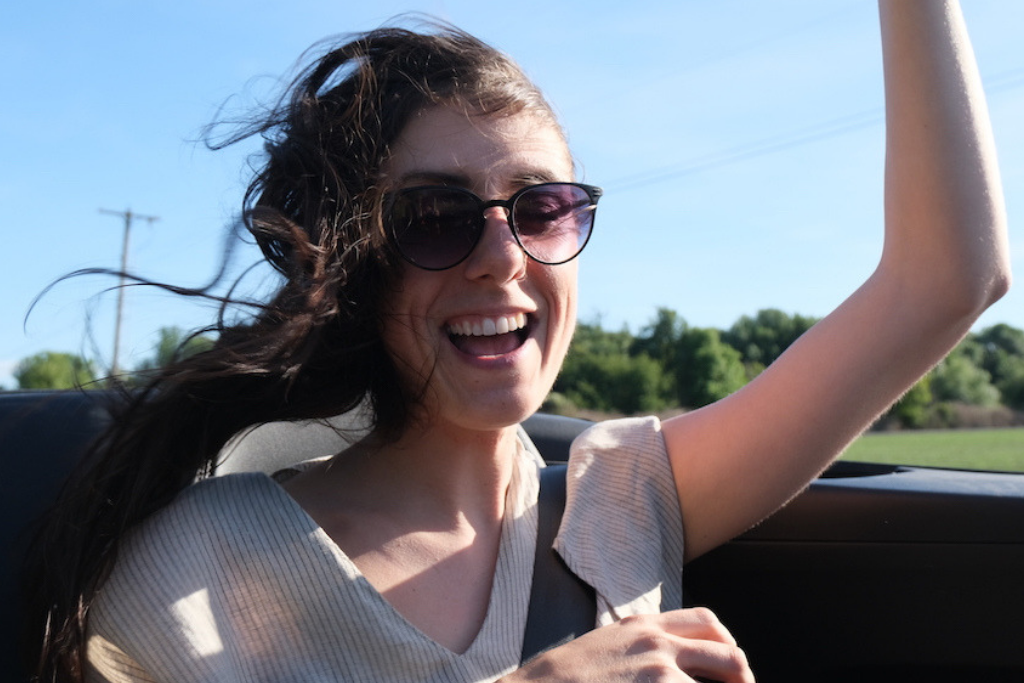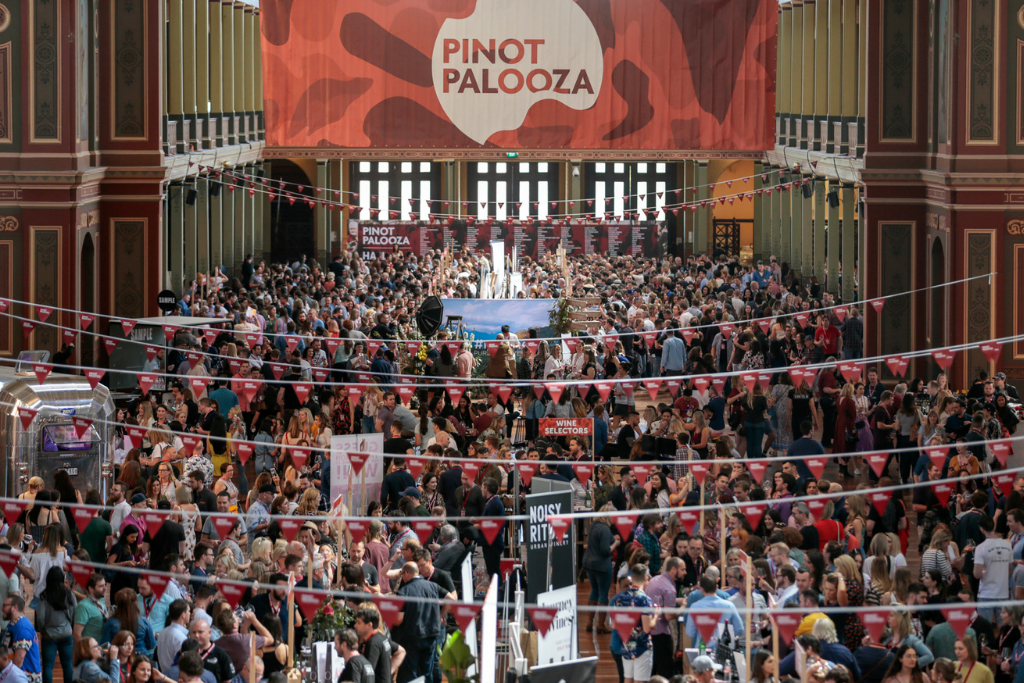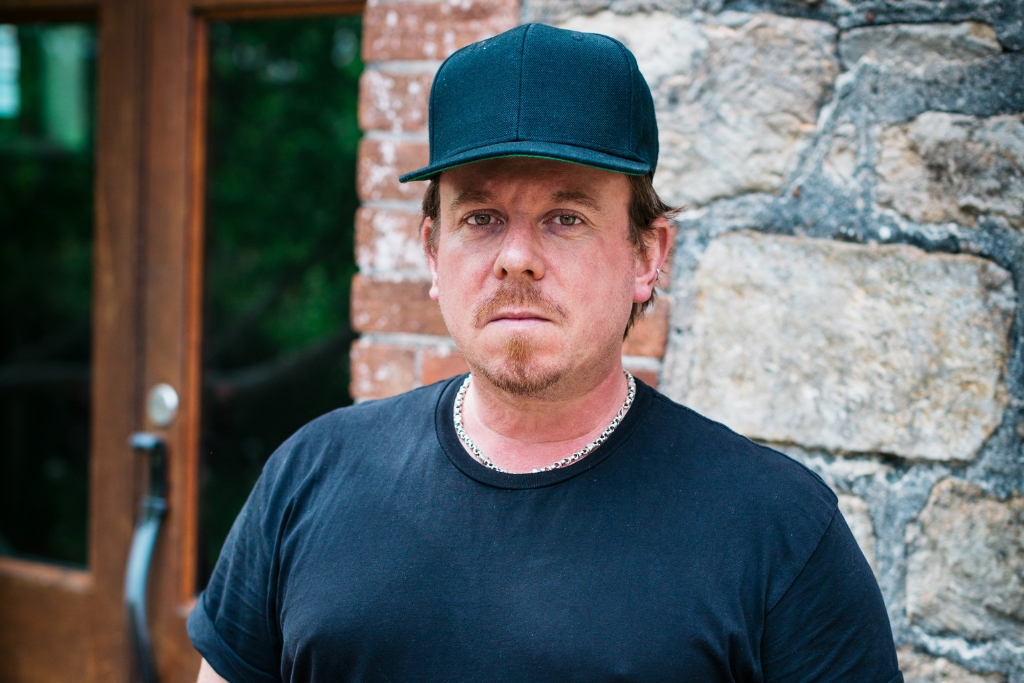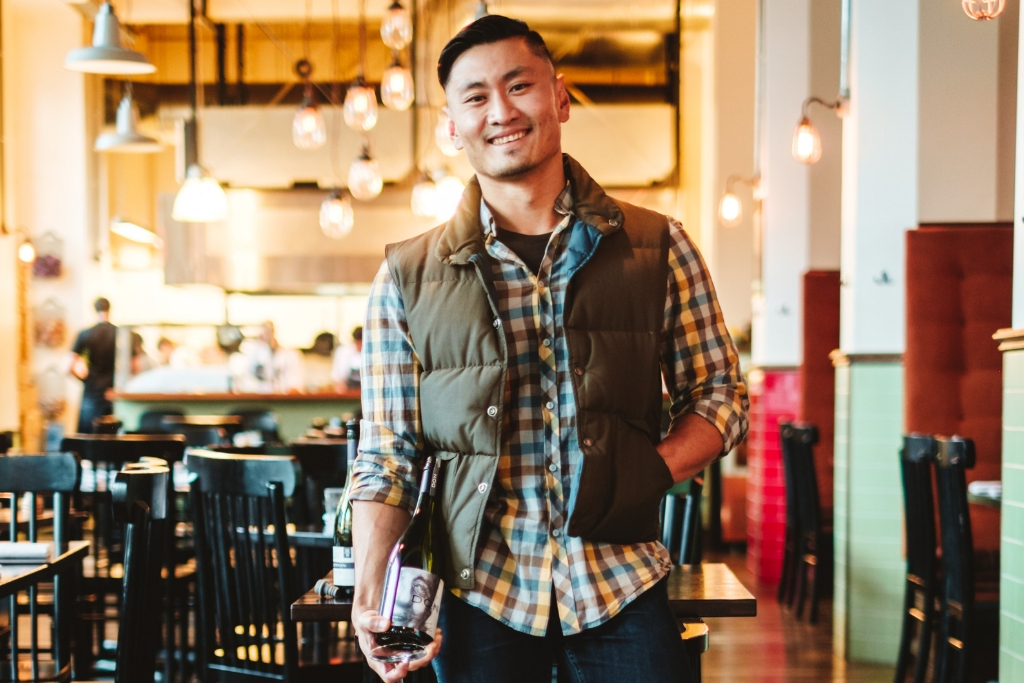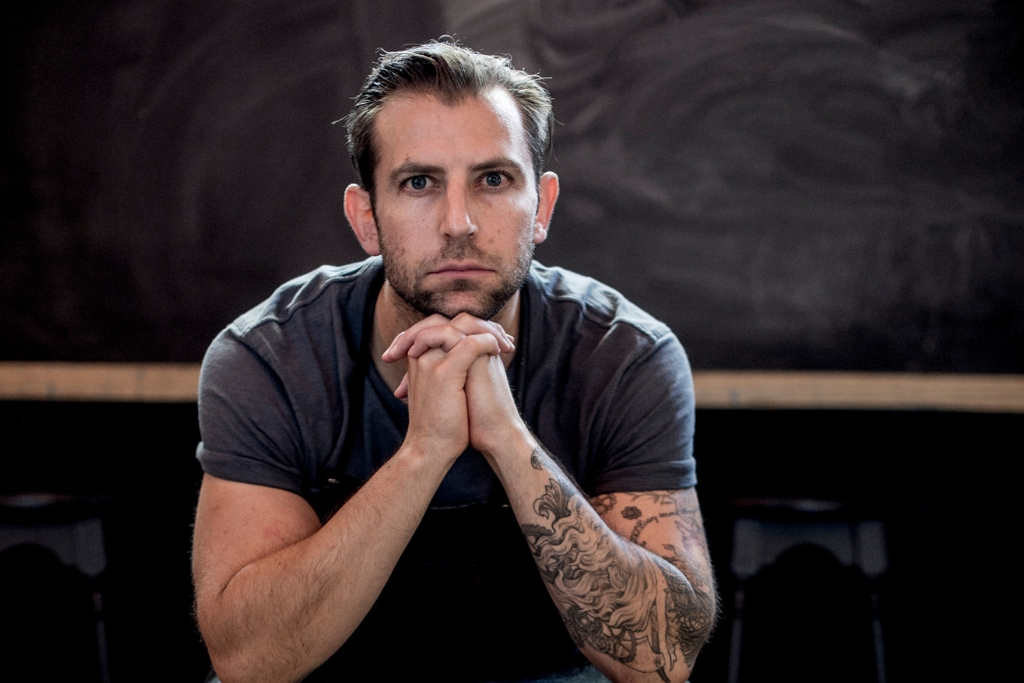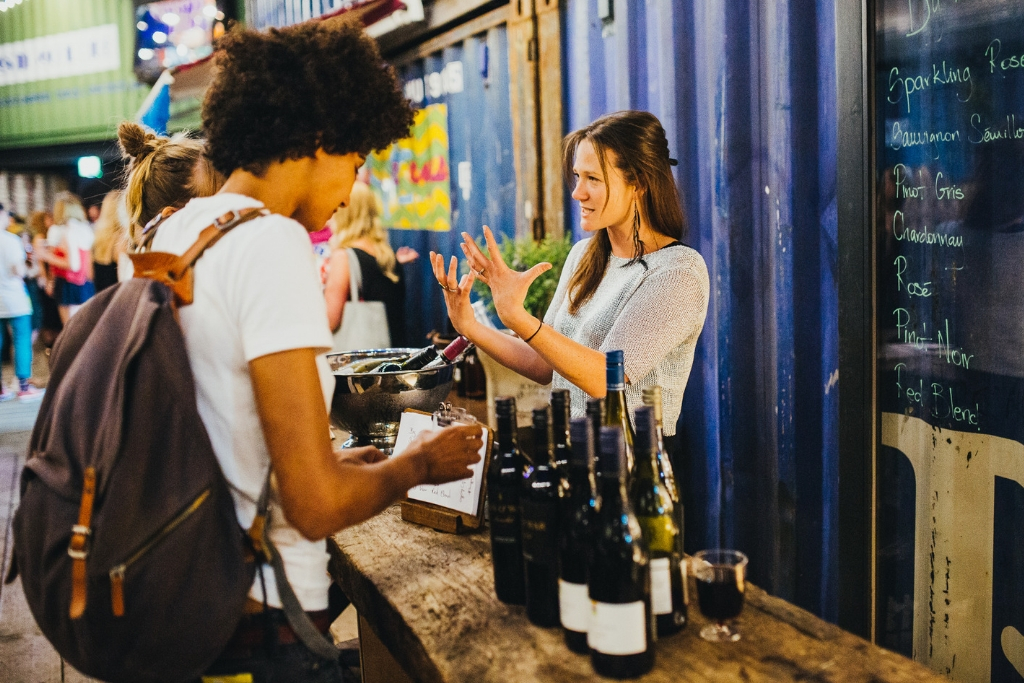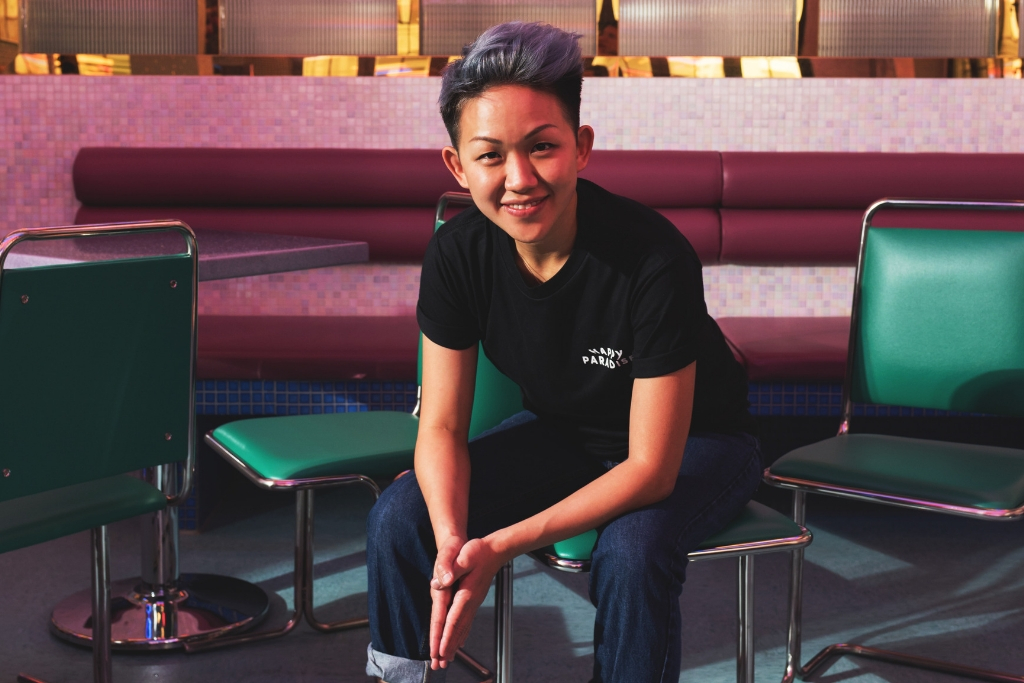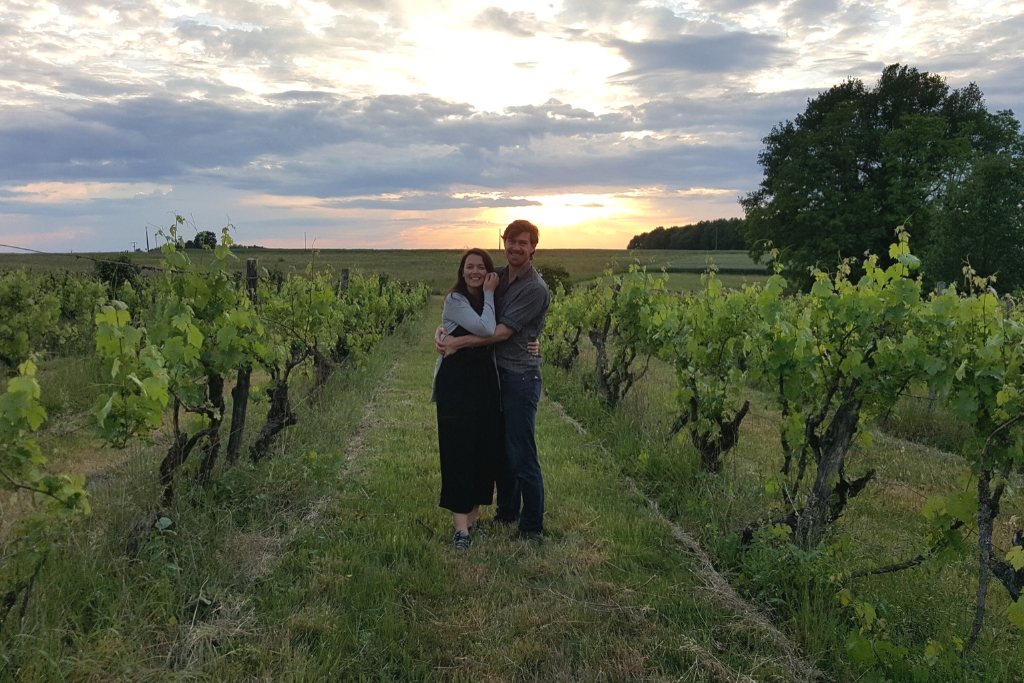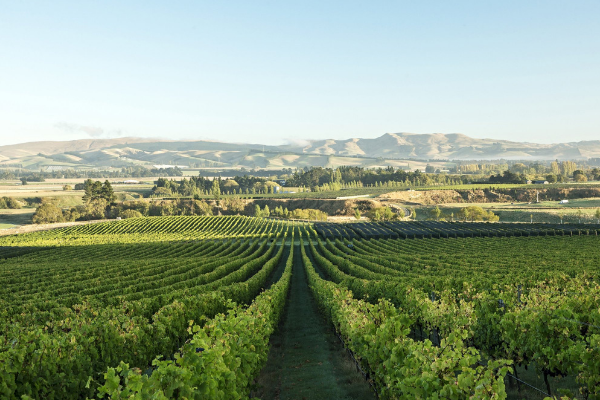Few grape varietals have the same lure that pinot noir has. That siren song that causes stronger men and women than you or I to throw in successful careers in medicine or law, plant a vineyard and try to forge one in wine.
For Andrew Donaldson, from Central Otago’s Akitu, it was a job in finance (financial engineering to be precise) that was discarded, and many bottles of Burgundy over many years in London that were the cause.
Donaldson’s initiation into wine came via hospitality jobs he held while at university, where he developed a taste for red wine. His initiation into pinot happened later. While living and working in London, he accepted an invitation from an older colleague to join him in the grandstand at the first test at the Lord’s Cricket Ground.
“He only had one rule,” says Donaldson, “and that was that he drank Burgundy before lunch and Bordeaux after lunch.” The man – who would ultimately become a great friend of Donaldson – would bring hampers packed with delicious bottles of French wine and other delicacies to the cricket, and together they’d watch the match while they ate and drank.


